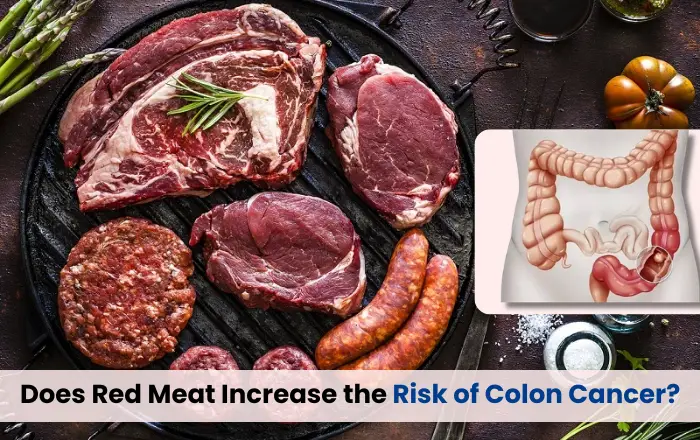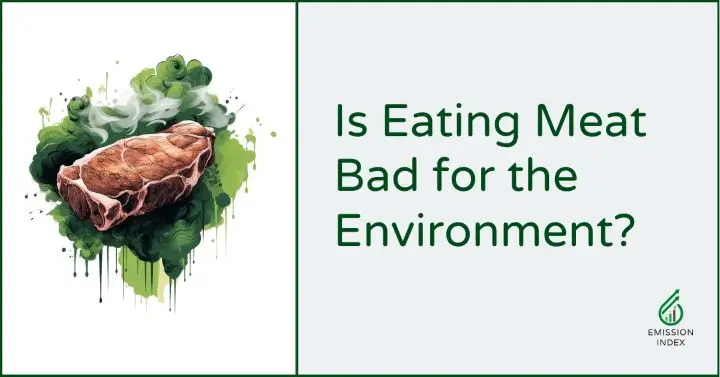The Health Risks of Eating Red Meat

The Health Risks of Eating Red Meat: What You Need to Know
Red meat, including beef, lamb, and pork, has long been a staple in many diets across the world. Rich in protein, iron, and essential vitamins like B12, it has often been praised for its nutritional value. However, growing evidence suggests that excessive consumption of red meat—especially processed forms—can have serious health consequences.
1. Increased Risk of Heart Disease

Studies have shown that red meat, particularly when processed, is high in saturated fats and cholesterol. These substances contribute to the buildup of plaque in the arteries, which can increase the risk of cardiovascular diseases, including heart attacks and strokes.
2. Higher Chances of Cancer

The World Health Organization (WHO) has classified processed meats (such as bacon, sausages, and ham) as carcinogenic to humans and red meat as probably carcinogenic. Regular consumption has been linked to an increased risk of colorectal cancer. This is partly due to chemicals formed during meat processing and high-temperature cooking methods.
3. Possibility of Type 2 Diabetes
Eating large amounts of red meat has also been associated with an increased risk of developing type 2 diabetes. This could be due to the high iron content and saturated fats that may affect insulin sensitivity.
4. Impact on Kidney Health

Excessive intake of red meat can put strain on the kidneys, especially in people who already have reduced kidney function. High-protein diets can lead to the buildup of waste products in the blood, increasing the risk of kidney damage over time.
5. Digestive Issues
Red meat is harder to digest compared to plant-based foods. Frequent consumption may lead to bloating, constipation, and other gastrointestinal discomforts, especially when consumed without enough fiber-rich vegetables.
6. Environmental and Ethical Concerns

While not a direct health effect, it’s worth noting that the environmental impact of red meat production contributes to broader public health issues. The meat industry is a leading cause of greenhouse gas emissions, deforestation, and water use—all of which affect human health indirectly.
How to Reduce Health Risks
-
Moderation is key – Limit red meat intake to 1–2 times per week.
-
Choose lean cuts – Opt for grass-fed and unprocessed varieties.
-
Cook wisely – Avoid charring or overcooking meat, as it can produce harmful chemicals.
-
Balance your diet – Incorporate more plant-based proteins like beans, lentils, tofu, and nuts.
Conclusion
Red meat can be part of a healthy diet when eaten in moderation and prepared properly. However, consistent overconsumption has been linked to serious health problems, including heart disease, cancer, and diabetes. For better health and a more sustainable planet, consider cutting back on red meat and embracing a more balanced, plant-forward lifestyle.
More News



